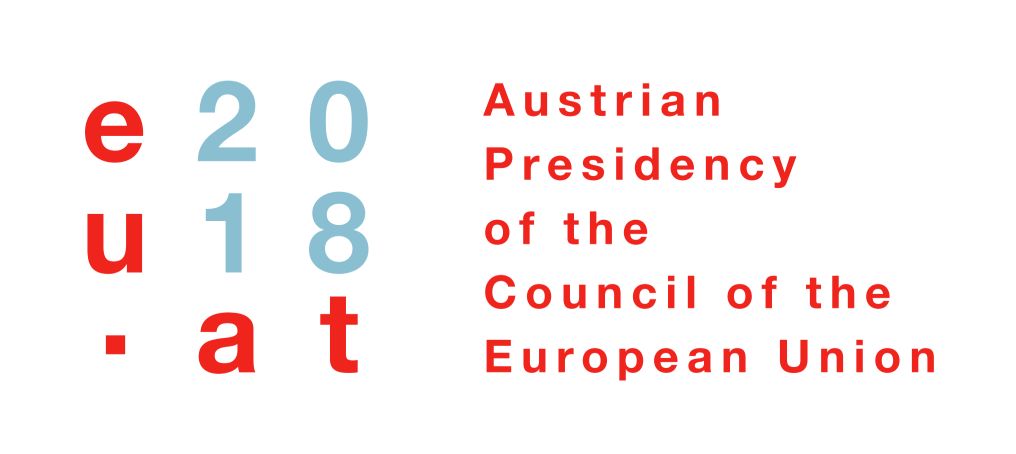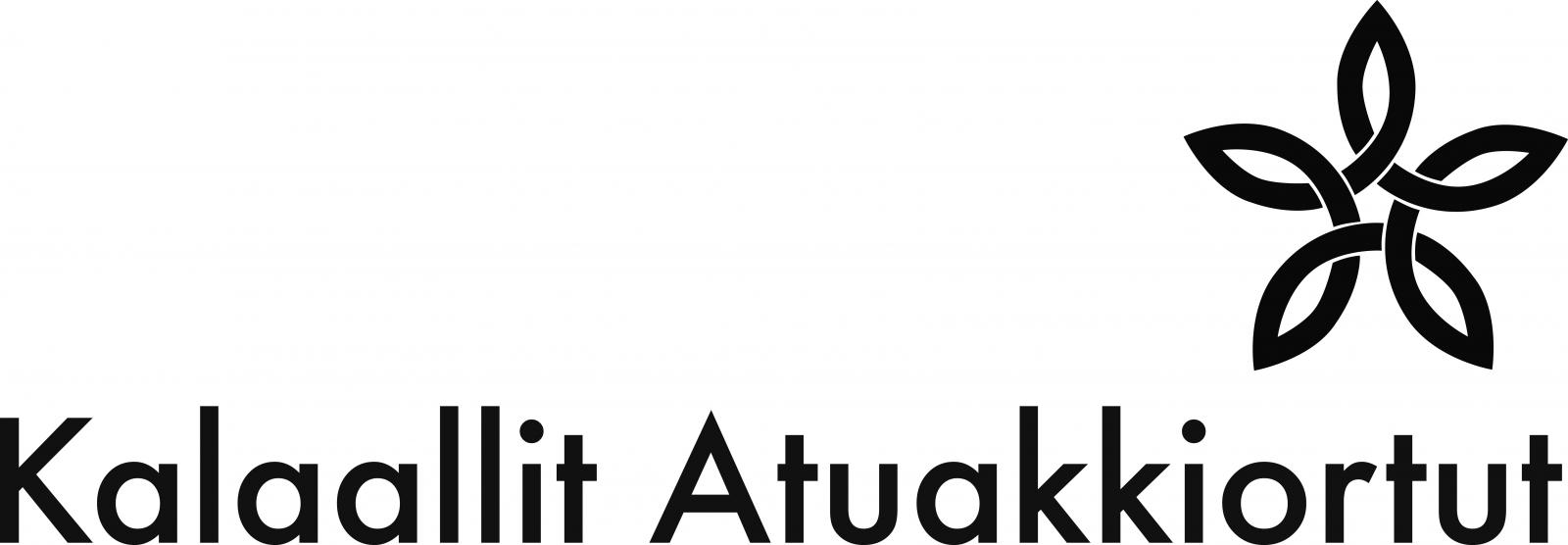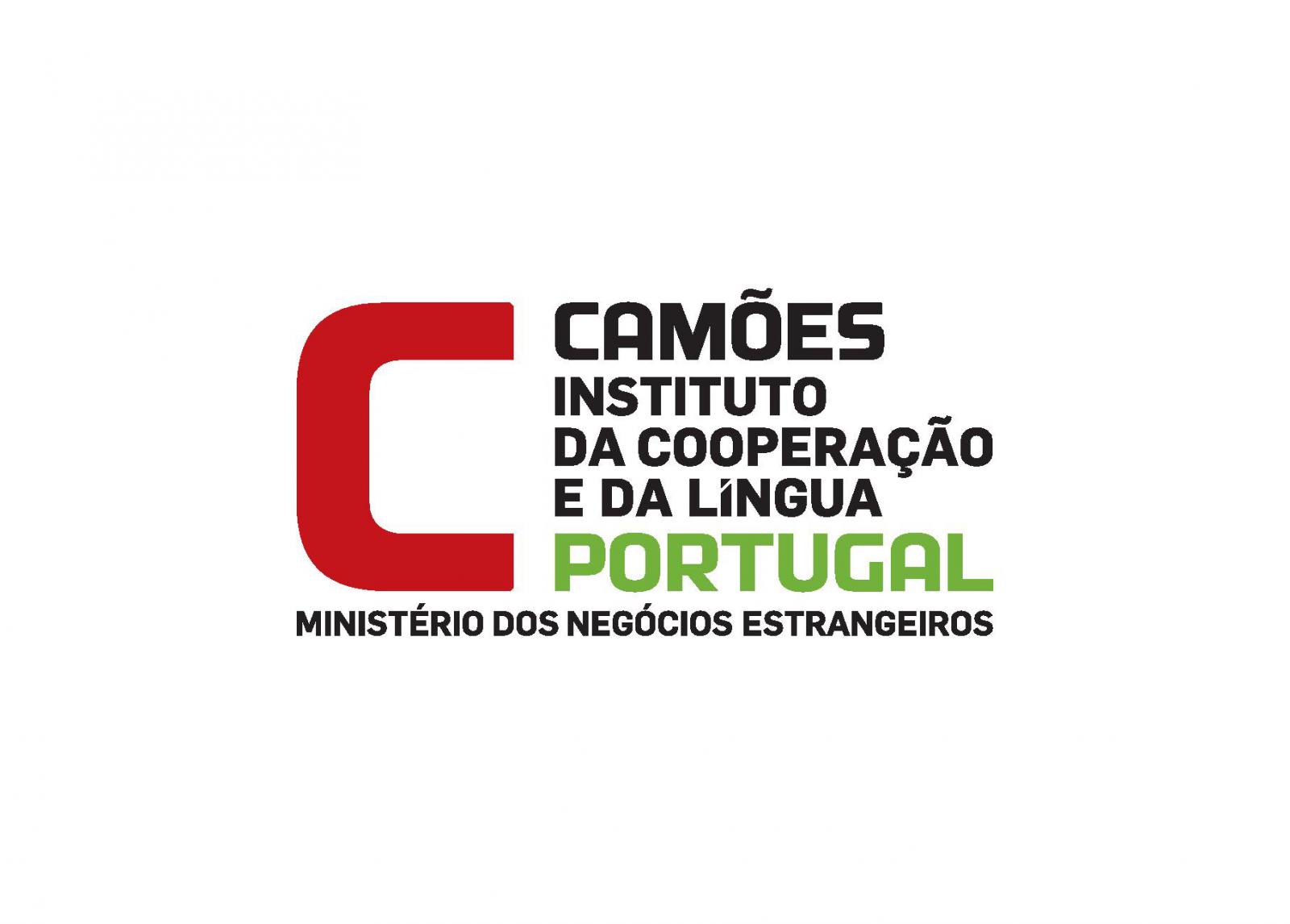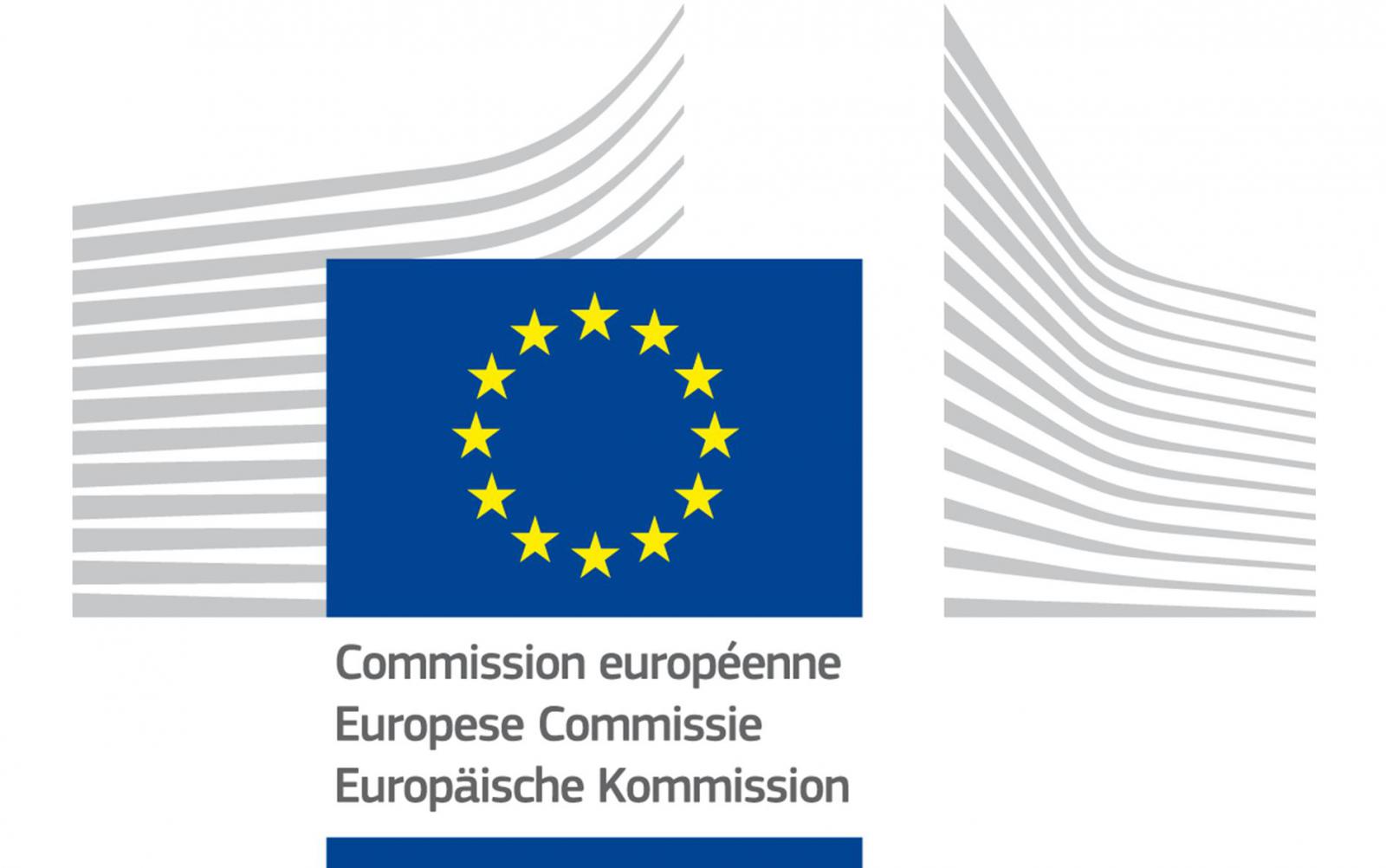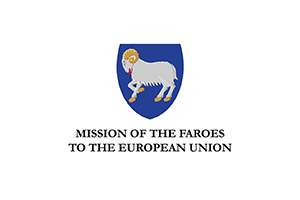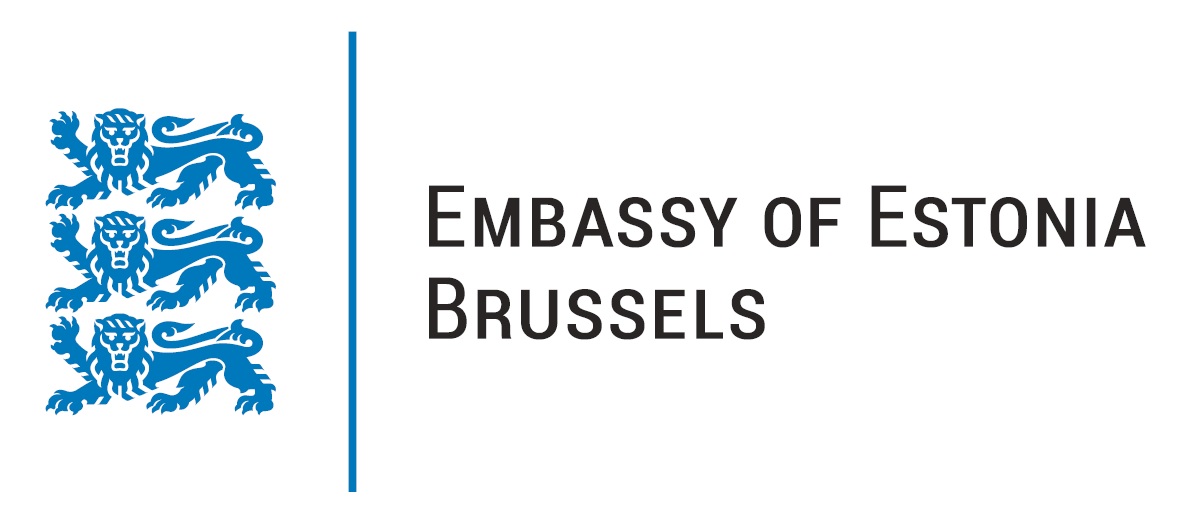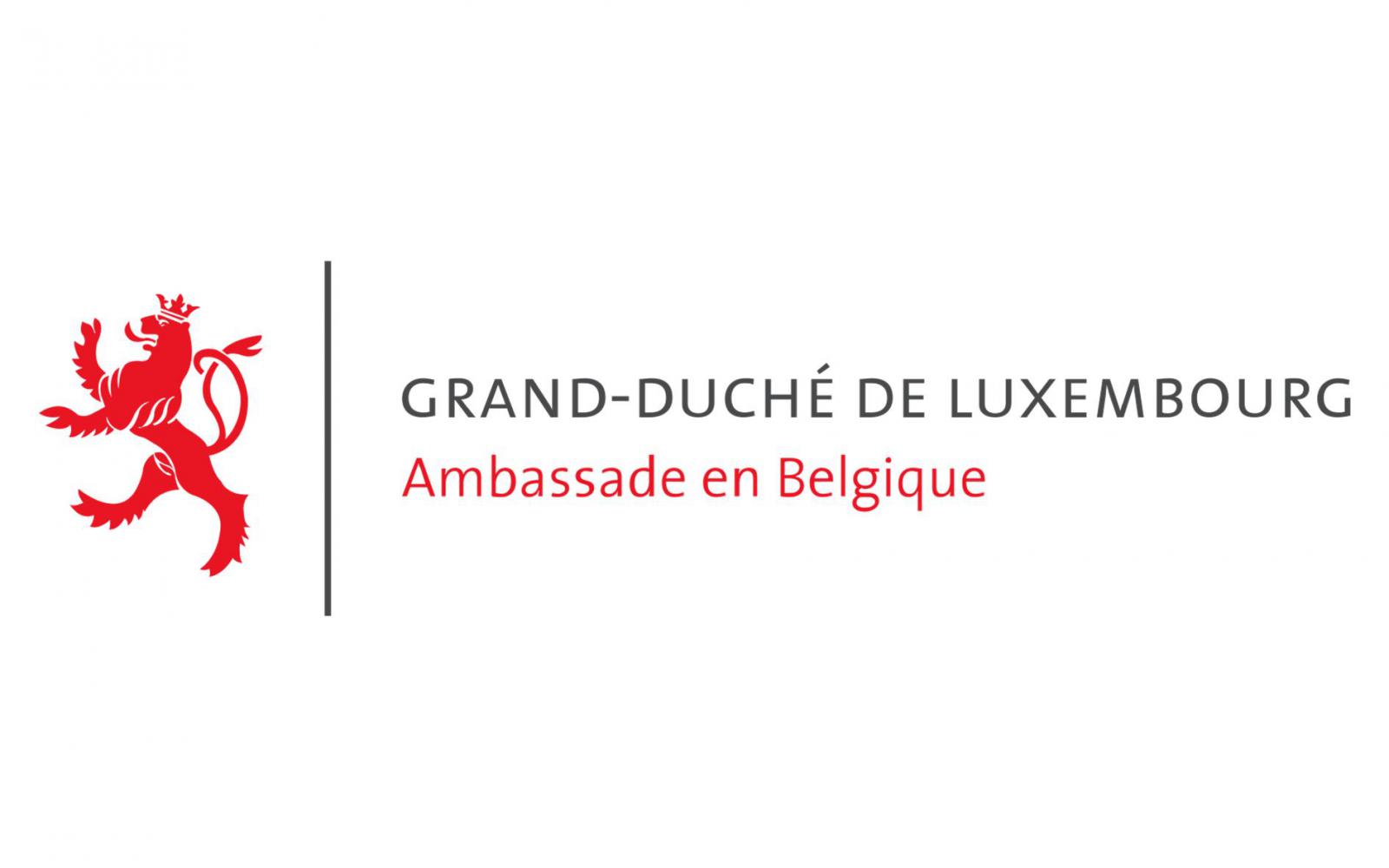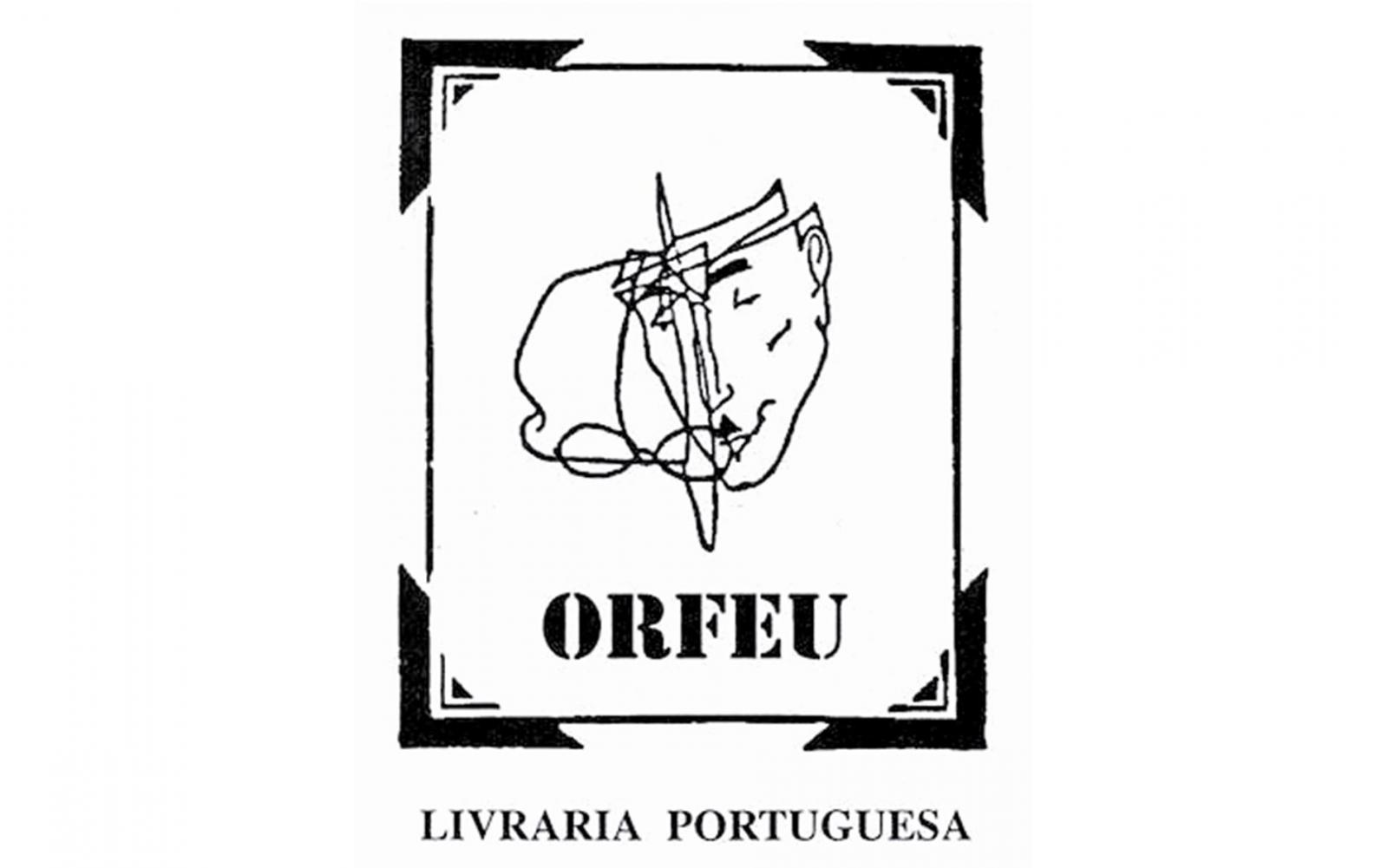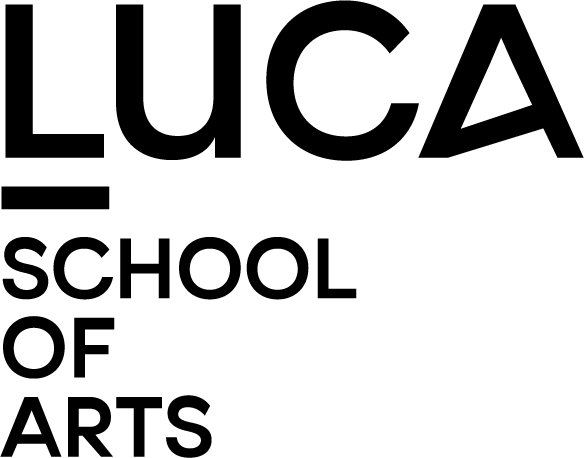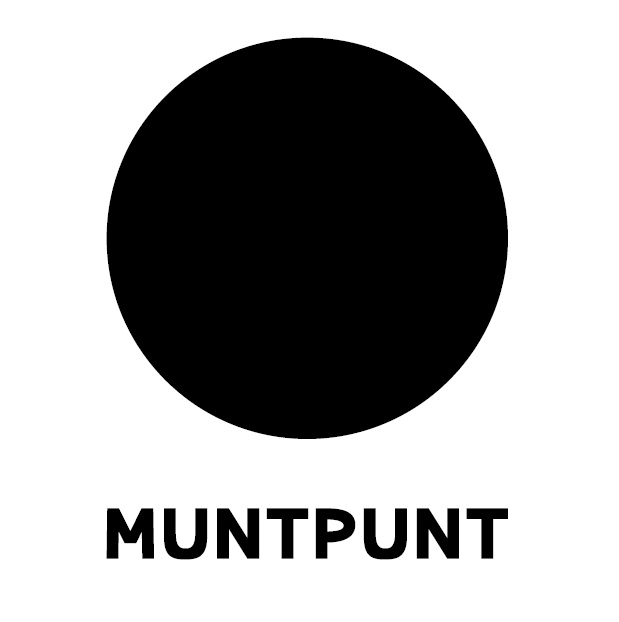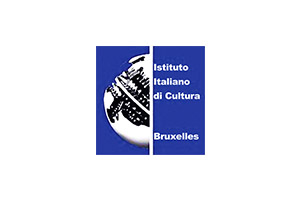Find a poet
Latest updates
-
TRANSPOESIE 2025
09/24/2025 -
Transpoesie 2025 - Programme
09/24/2025 -
Transpoesie 2025 - Open Call
04/16/2025
Maarja KANGRO
Maarja KANGRO was born in Tallinn where she currently lives. She studied English at Tartu University, continuing her postgraduate studies in theory of culture and Italian literature at Tallinn University, Turin University and La Sapienza University in Rome.
She has been described as one of the most formidable voices of her generation in Estonia: wry, ironic, incisive. She has published five collections of poetry and three volumes of fiction, and has written five opera librettos. She has won twice the most important literature prize in Estonia, the Estonian Cultural Endowment’s Literary Award: in 2009 for poetry, and in 2011 for prose. She has also received twice both the Tallinn University Literary Award and the Friedebert Tuglas Short Story Award. She is herself a translator, translating mainly poetry and contemporary philosophy (among others Giorgio Agamben, Gianni Vattimo, Giacomo Leopardi, Hans Magnus Enzensberger,
Maarja Kangro on sündinud Tallinnas, mis on ka tema praegune kodulinn. Ta õppis Tartu Ülikoolis ning jätkas kultuuriteooria ja Itaalia kirjanduse õpinguid Tallinna Ülikoolis, Turini ülikoolis ja La Sapienza ülikoolis Roomas.
Eestis on Maarja Kangrot kirjeldatud kui üht oma põlvkonna isikupärasemat häält: iroonilist ja teravat. Temalt on ilmunud viis luulekogu ja kolm novellikogumikku, ta on kirjutanud viis ooperilibrettot. Ta on kaks korda pälvinud Eesti Kultuurkapitali aastapreemia: 2009. aastal luule eest ja 2011. aastal proosa eest. Ta on samuti kaks korda pälvinud Tallinna Ülikooli kirjandusauhinna ja Friedebert Tuglase novelliauhinna. Ta on ka tõlkija, kes tõlgib peamiselt luulet ja kaasaegset filosoofiat (teiste seas ka Giorgio Agambeni, Gianni Vattimot, Giacomo Leopardi, Hans Magnus Enzensbergerit).
Maarja KANGRO est née à Tallinn, où elle habite encore actuellement. Elle a étudié l’anglais à l’Université de Tartu, poursuivi des études de seconde cycle en théorie de la culture et en littérature italienne à l’Université de Tallinn, à l’Université de Turin et à l’université de Rome La Sapienza.
En Estonie, elle considérée comme l’une des voix des plus importantes de sa génération : ironique et piquante. Elle a publié cinq recueils de poèmes et trois volumes de fiction, elle a également écrit cinq libretti d’opéra. Elle a reçu par deux fois le prix littéraire le plus important d’Estonie, le prix littéraire annuel de Kultuurkapital (fond de soutien à la culture estonienne): en 2009 pour sa poésie et en 2011 pour sa prose. Elle a également gagné par deux fois le prix littéraire de l’Université de Tallinn et le prix de la nouvelle de Friedebert Tuglas. Elle est également traductrice, tant de poésie que de philosophie contemporaine (entre autres Giorgio Agamben, Gianni Vattimo, Giacomo Leopardi, Hans Magnus Enzensberger).

.jpg)
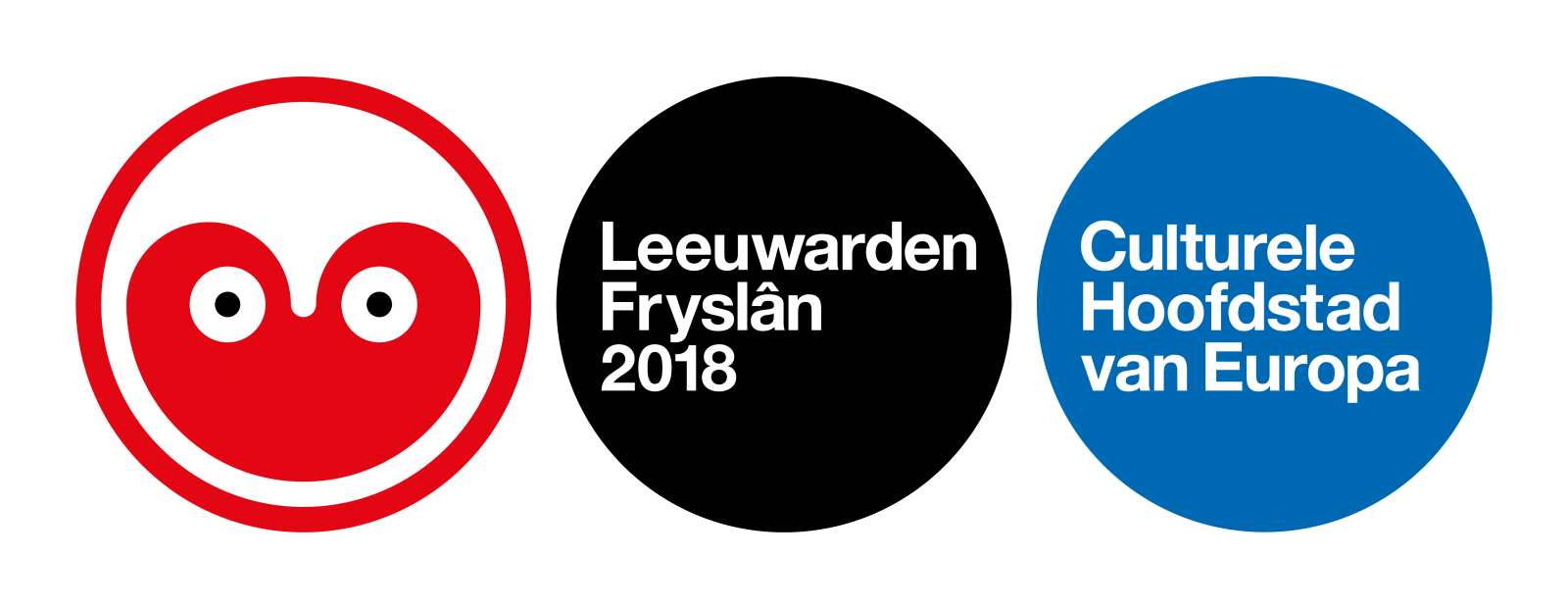
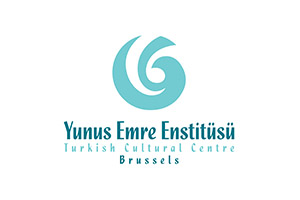
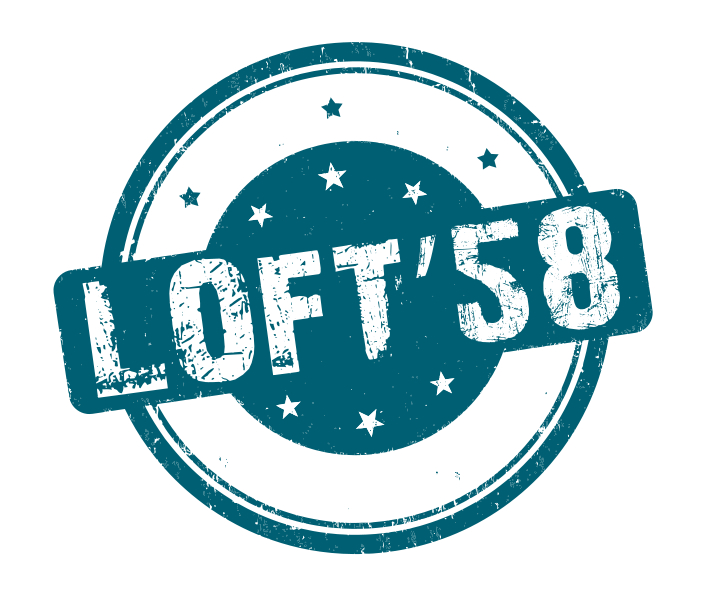
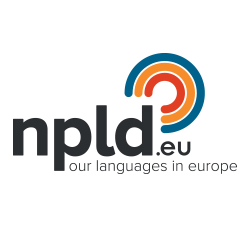
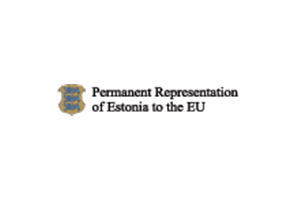


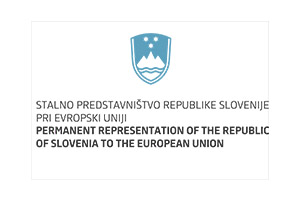


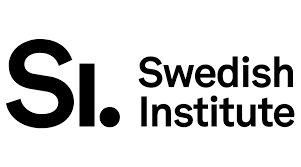


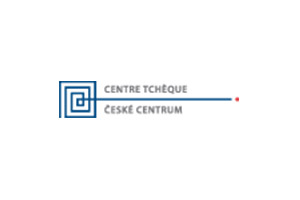

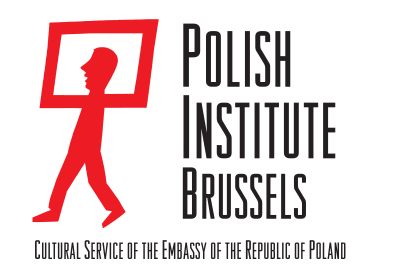
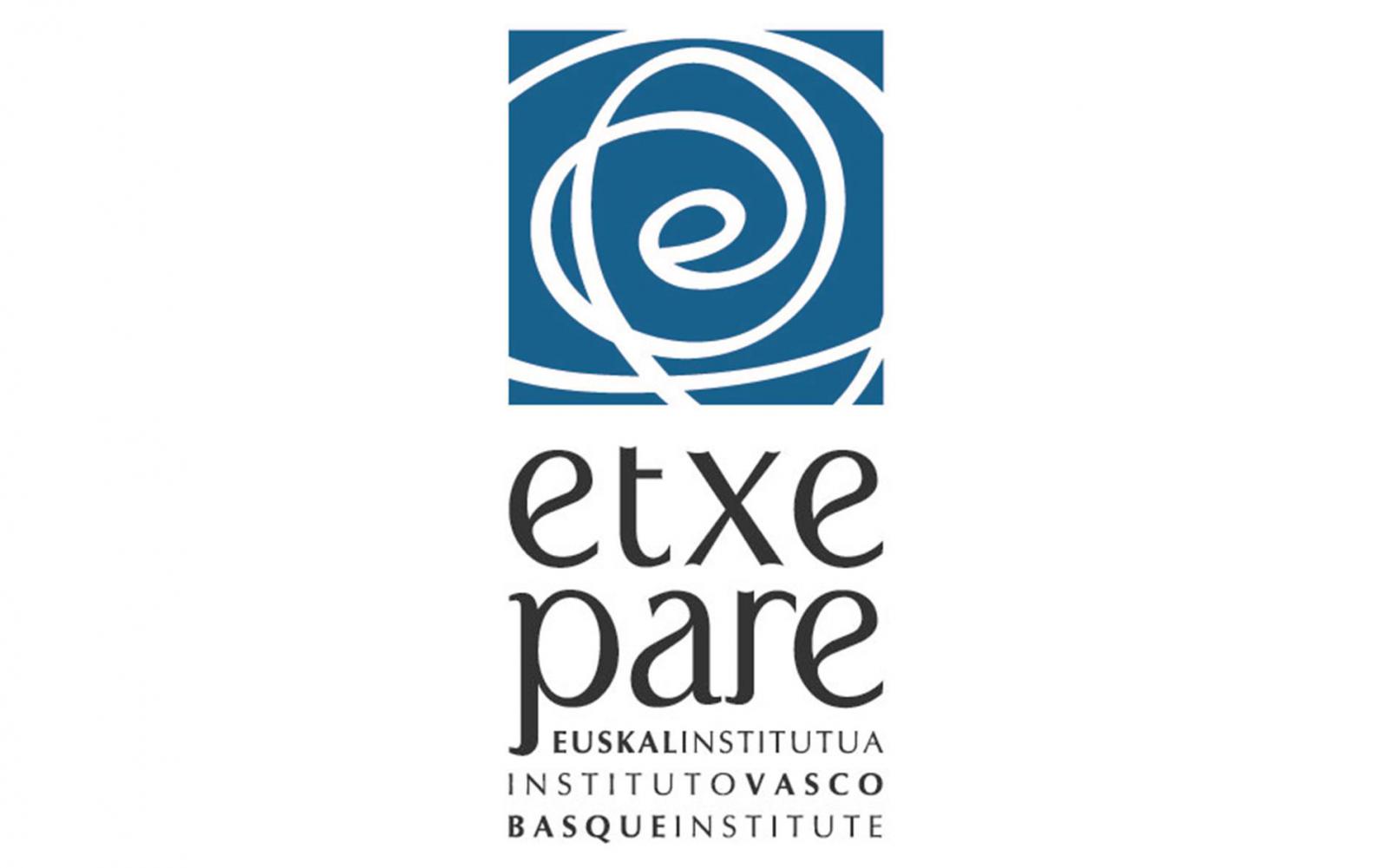


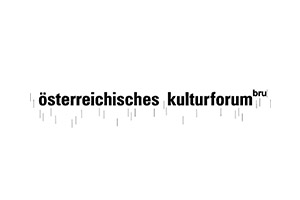
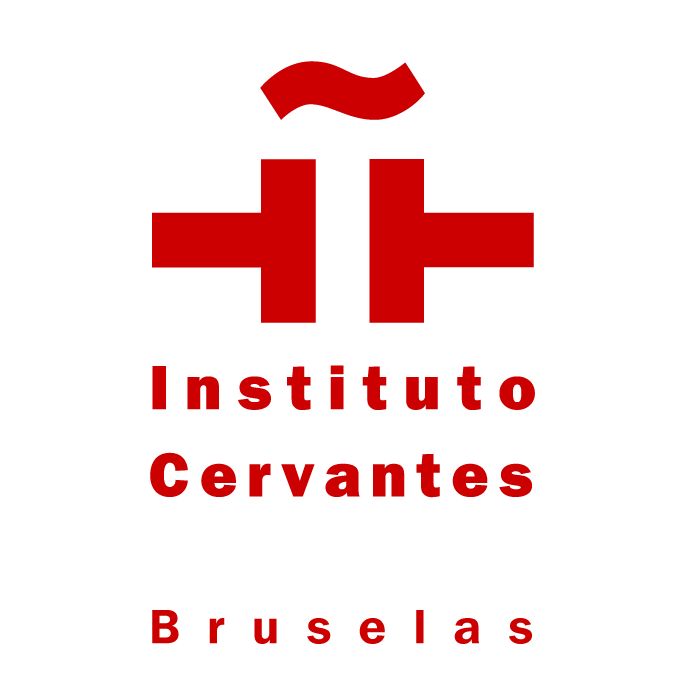
/RO - on the website.png)
